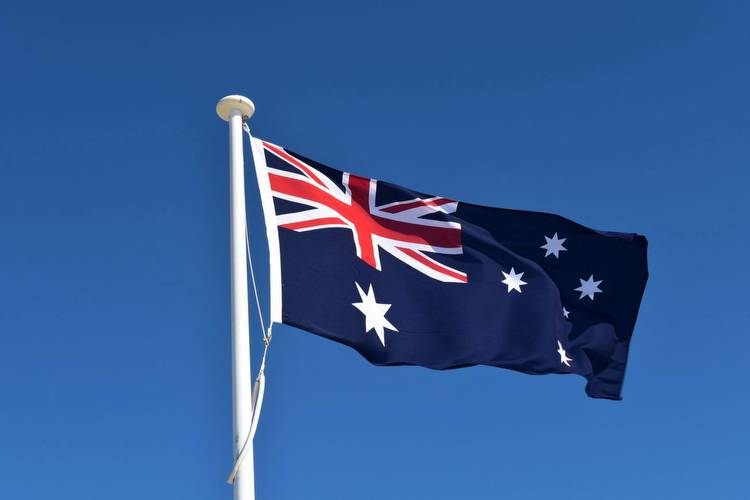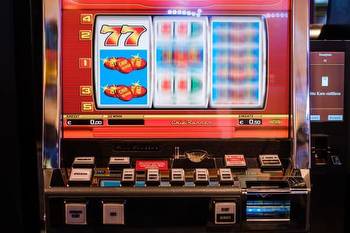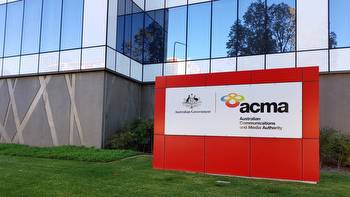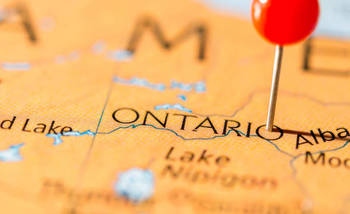Gambling prevalence down in Australia, but problem rates up, study says

Gambling Research Australia commissioned Central Queensland University (CQUniversity) to carry out the report.
The study, titled the Second National Study of Interactive Gambling in Australia, surveyed 15,000 Australians across 2019 and 2020 to gather information on the influence of gambling on the country.
Surveyed measures include the impact of gambling marketing, the use of self-exclusion tools and the use of offshore gambling sites.
These responses were compared to data gathered in 2010 and 2011.
Most prominently, the study revealed that the prevalence of gambling had decreased in every Australian state and territory since 2010-2011.
The report found that in 2019, the estimated prevalence of gambling in Australia was 56.9%. This took into consideration the amount of adults that had participated in gambling activities at least once in the 12 months preceding the survey.
In 2010-2011, the estimated rate was 64.3%.
The report noted that the number had decreased despite new forms of gambling being included in the 2019 survey.
Despite the decrease, the report found that the estimated percentage of problem gamblers – according to the PGSI test – increased for both online and land-based gambling from 0.6% to 1.23%.
Among online players this figure was 3.9% in 2019-20, compared to 2.7% in 2010-2011. In terms of land-based players, the rate rose from 0.9% problem gamblers to 1.4% from 2010-2011 to 2019-20.
Overall problem rates were lower than the levels in either online or land-based play because players identified as problem gamblers were more likely to use more than one channel.
“This growth in online gambling has been driven by faster internet speeds, the convenience of betting on smartphone apps, extensive advertising and inducements, and new betting options like multi-bets,” said Professor Nerilee Hing, from CQUniversity’s Experimental Gambling Research Laboratory.
“New online activities have also been introduced, including e-sports, fantasy sports, skin gambling, and loot boxes.”
The game type most associated with gambling harm were physical electronic gambling machines, such as Pokie machines.
In addition, the report included predictors of problem gambling severity among online players. The predictors included being male, purchasing instant scratch lottery tickets, and having lower mental or physical health.
In terms of offshore site use, the report stated that 47.1% of online gamblers reported using an offshore site to gamble on in 2019. This is compared to the Interactive Gambling Study conducted in 2014, which reported that 25.8% of online gamblers surveyed used offshore sites as one of their top three most used sites to gamble.
Last month, Australian governmental bodies voiced support for a proposed ban on credit card betting to prevent problem gambling.
Also in September, Australia’s Association of National Advertisers reported a decrease in complaints submitted against gambling advertising throughout 2020.




































